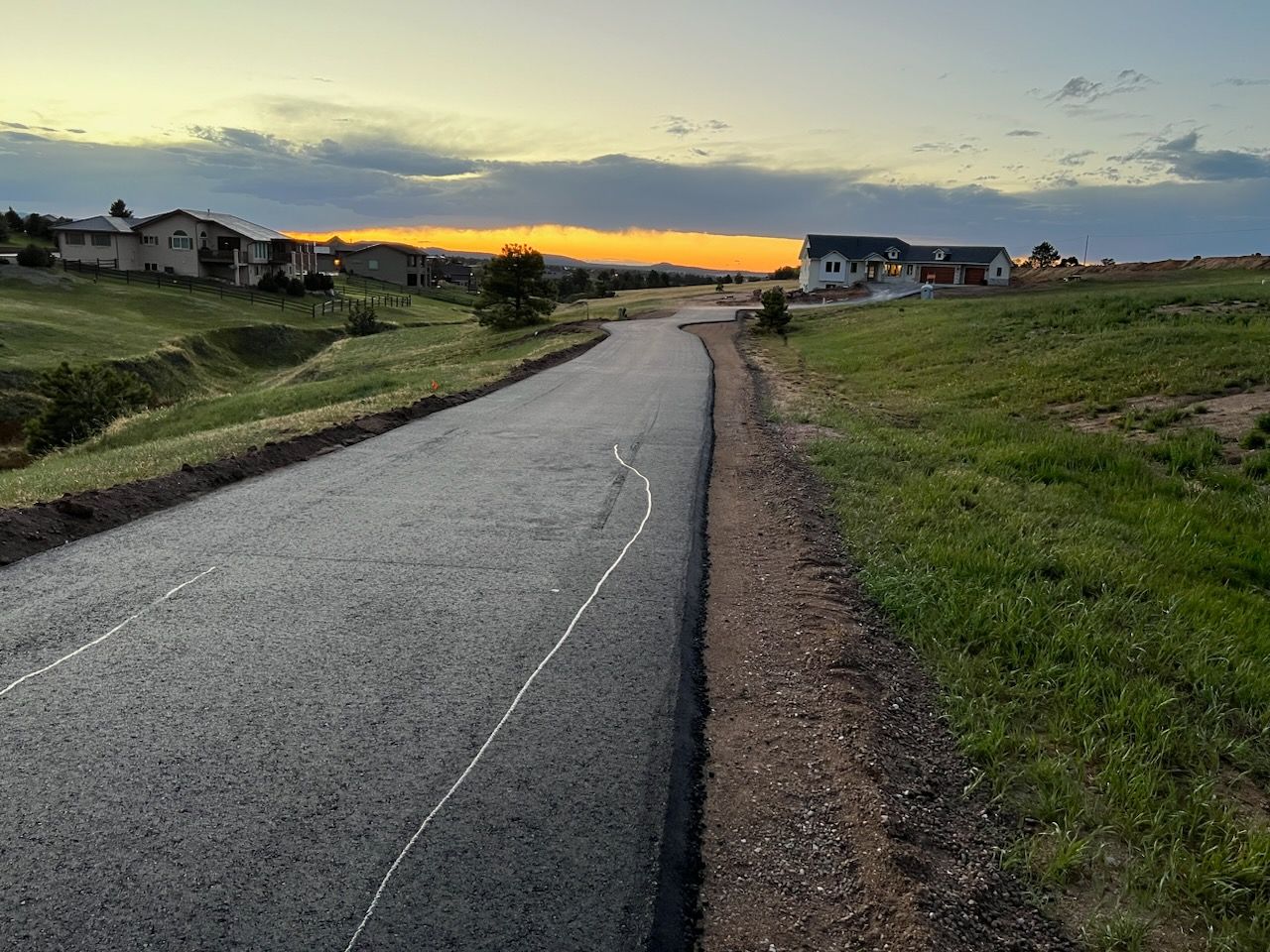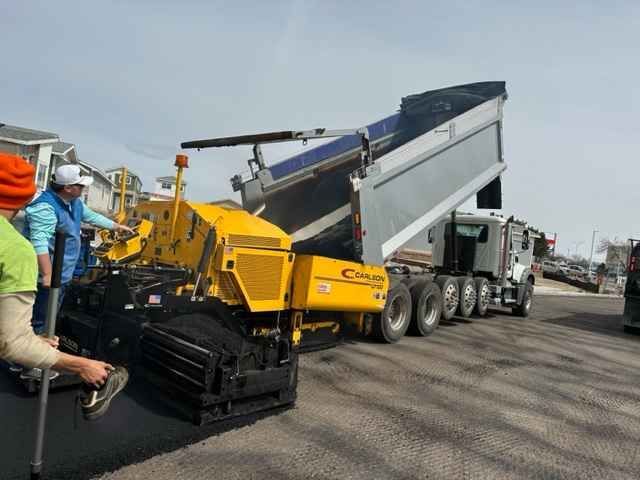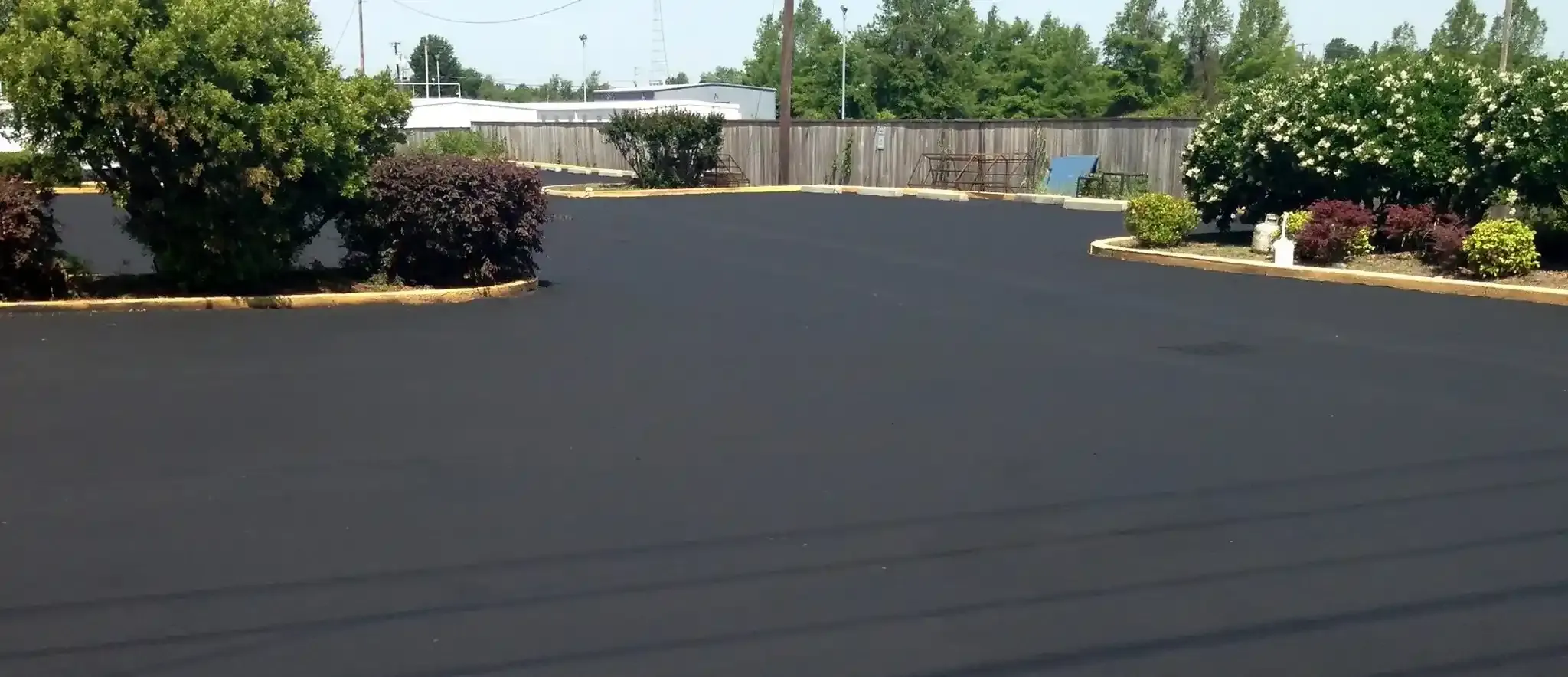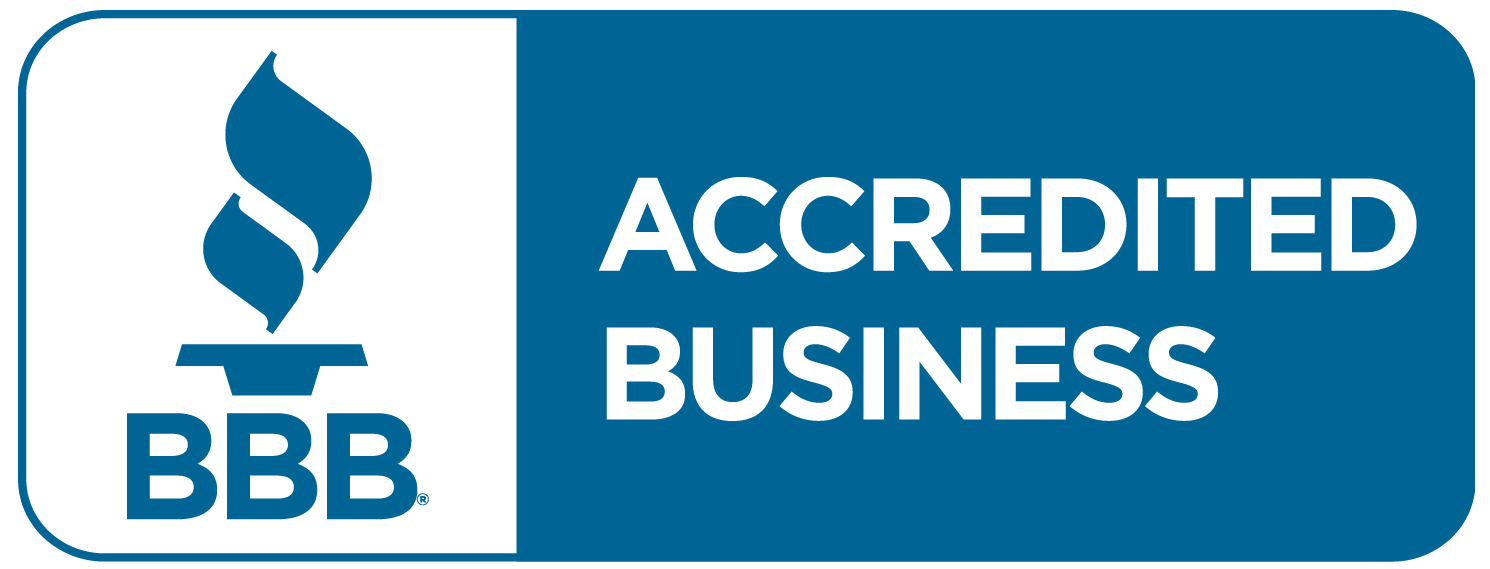Choosing the Right Driveway Paving Material: Asphalt vs. Concrete
In this article, we'll explore the differences between asphalt and concrete driveways, including their cost, durability, customizability, and maintenance requirements. We'll also highlight the expertise of McDonald Paving & Chip Sealing, an experienced asphalt paving contractor that offers tailored solutions for homeowners.
What is Asphalt?
Asphalt is a mixture of stone, sand, and petroleum products that create a durable adhesive. When heated, the mixture softens and can be rolled onto the surface of a driveway. As it cools, it solidifies into a sturdy driveway surface.
What is Concrete?
Concrete, on the other hand, is made up of sand, cement, and gravel. This mixture is poured and left to cure for approximately one week, creating a strong, durable, and long-lasting concrete driveway.
Cost Considerations
When comparing asphalt vs. concrete driveways, cost is a significant factor to consider. Asphalt is generally less expensive than concrete, with a cost range of $7 to $13 per square foot. In contrast, a concrete driveway costs between $3 to $10 per square foot. However, it's essential to keep in mind that these costs can vary based on factors such as driveway size, location, and customization options.
Durability
Durability is another crucial factor to consider when choosing between asphalt and concrete driveways. Asphalt driveways have a lifespan of around 20 to 30 years, while concrete driveways can last up to 50 years or more with proper maintenance. Both materials can withstand heavy loads, but concrete is generally considered to be more durable than asphalt.
Customizability
If you're looking for a driveway that offers a high level of customization, concrete may be the right choice for you. Concrete driveways can be stained, stamped, engraved, or tinted with various colors to achieve the desired finish. Asphalt driveways, however, have fewer customization options. While some colored sealers are available, the options are generally limited to black.
Maintenance Requirements
Both asphalt and concrete driveways require regular maintenance to ensure their longevity. However, the type and frequency of maintenance required can differ between the two materials. Asphalt driveways need regular sealing and resurfacing every three to five years, while concrete driveways require occasional power washing and degreasing to maintain their appearance.
Climate Considerations
The climate in your region can also play a significant role in determining the best paving material for your driveway. In colder climates, concrete may be more prone to cracking due to freezing and thawing cycles, while road salt can cause damage to its surface. Asphalt, on the other hand, is less susceptible to softening from the sun and may be a better choice for warmer climates.
McDonald Paving & Chip Sealing: Your Trusted Asphalt Paving Contractor
When it comes to choosing the right paving material for your driveway, it's essential to work with an experienced and reliable contractor. McDonald Paving & Chip Sealing has been providing high-quality asphalt and concrete paving services for over 30 years. Their team of experts has the knowledge and experience to offer tailored solutions to meet the unique needs of each homeowner.
Whether you're looking for a cost-effective option or a driveway that offers a high level of customization, McDonald Paving & Chip Sealing can help. They offer a range of services, including asphalt and concrete paving, resurfacing, and sealcoating. Their team uses only the highest quality materials and equipment to ensure that each project is completed to the highest standards.
Conclusion
Choosing the right paving material for your driveway is an important decision that requires careful consideration. Both asphalt and concrete driveways offer unique advantages and considerations, making it essential to weigh the pros and cons of each before making a decision. By working with an experienced contractor like McDonald Paving & Chip Sealing, you can ensure that you're making the right choice for your home and budget.
You might also like
Paving and Driveway Tips and Tricks






